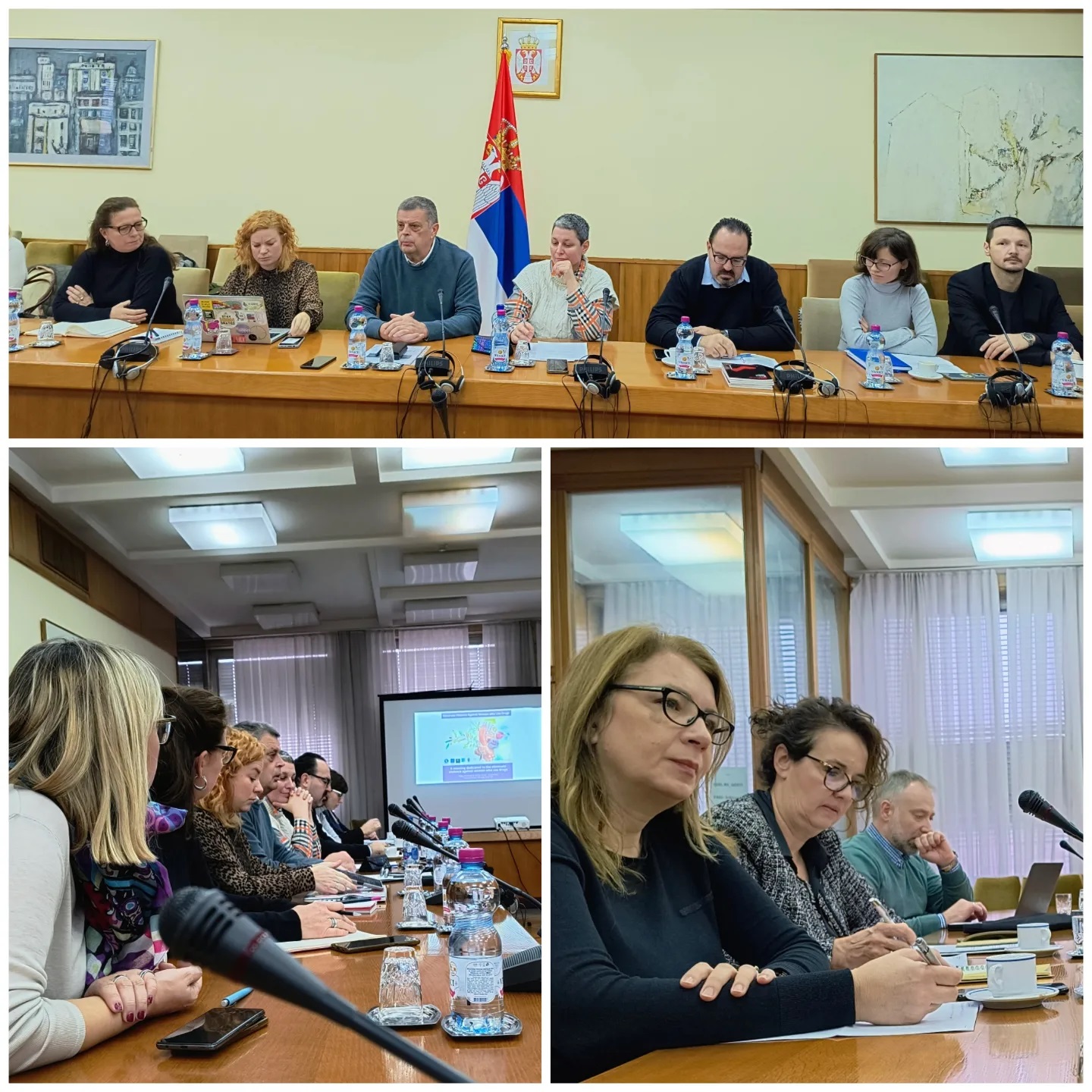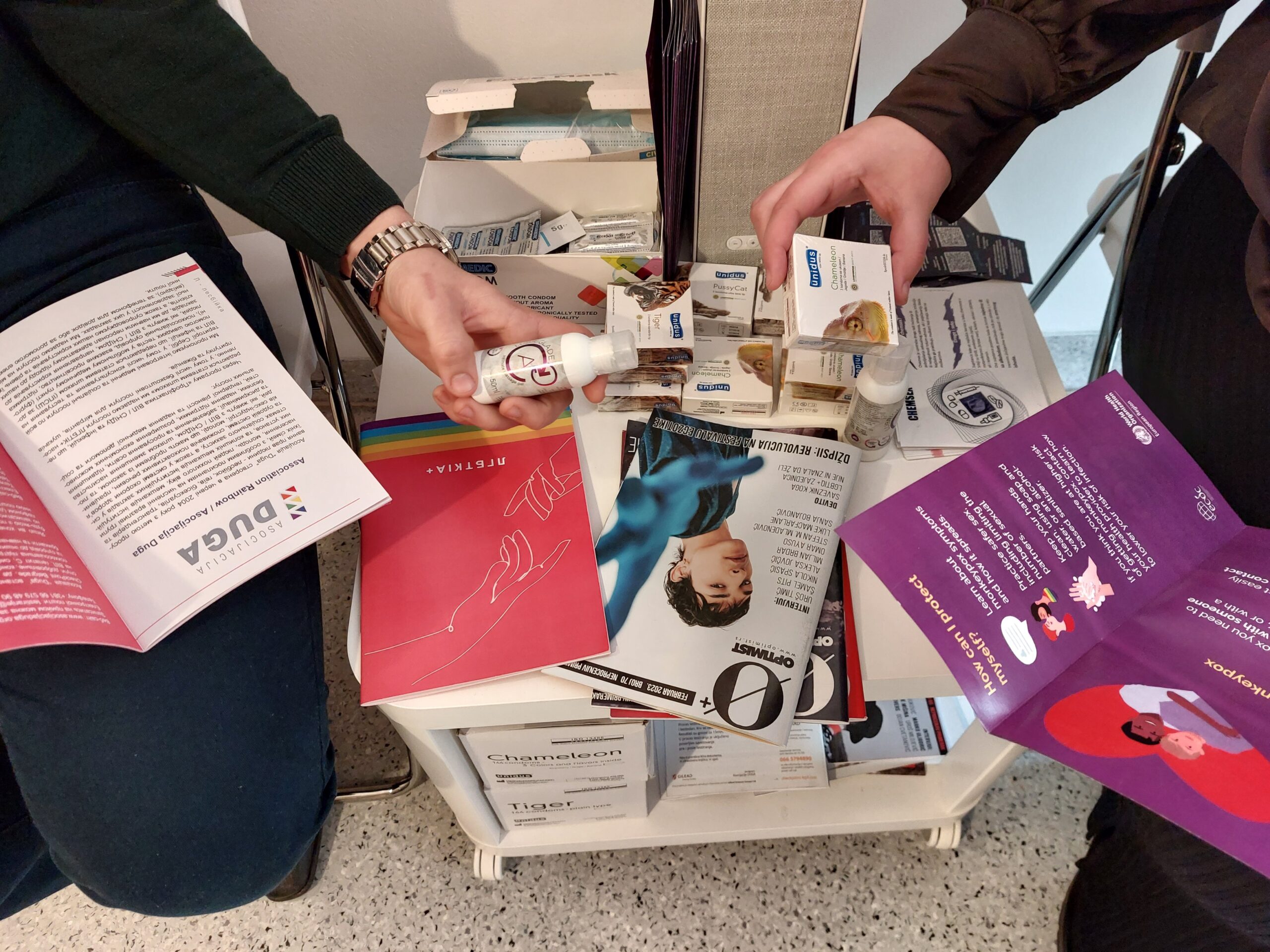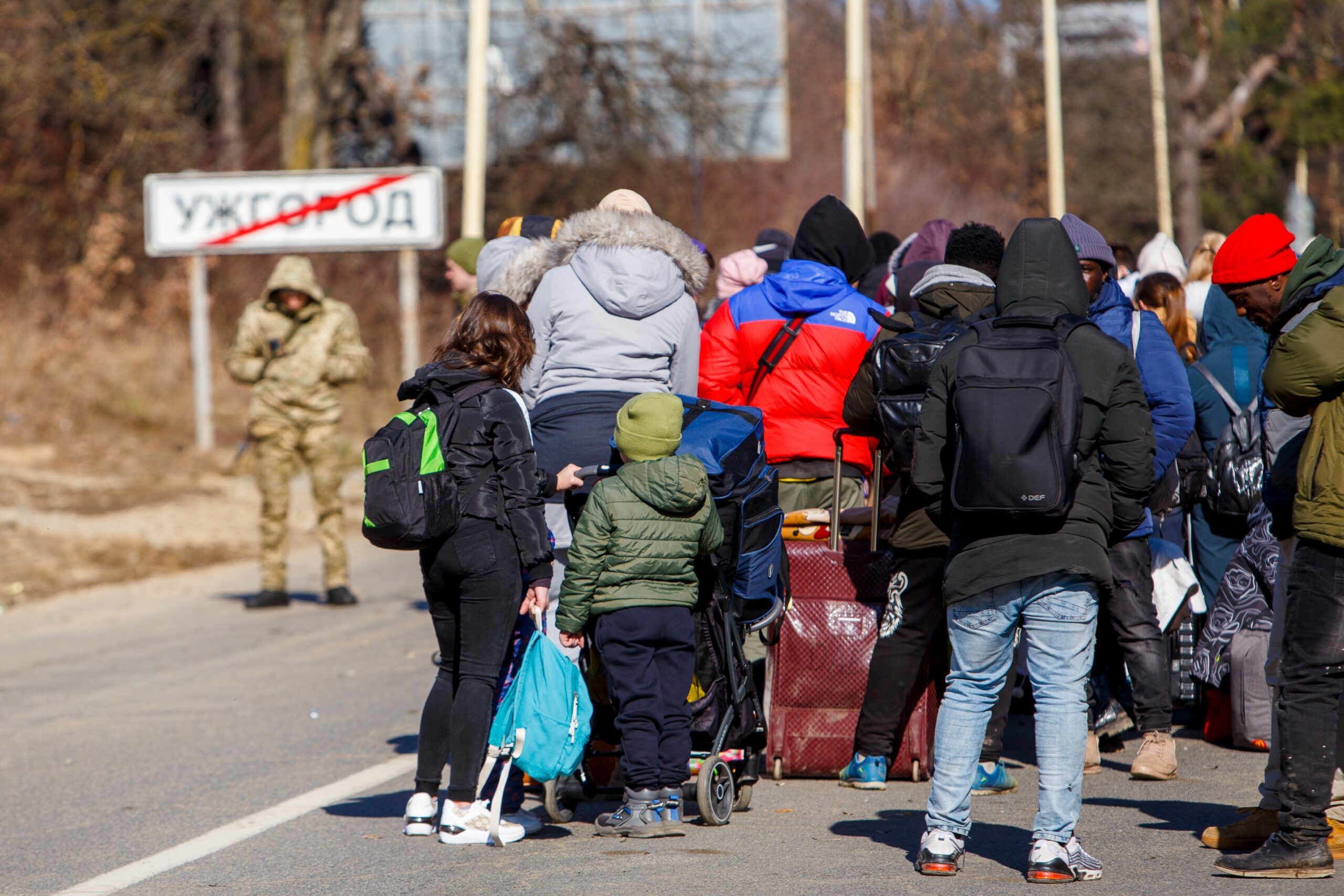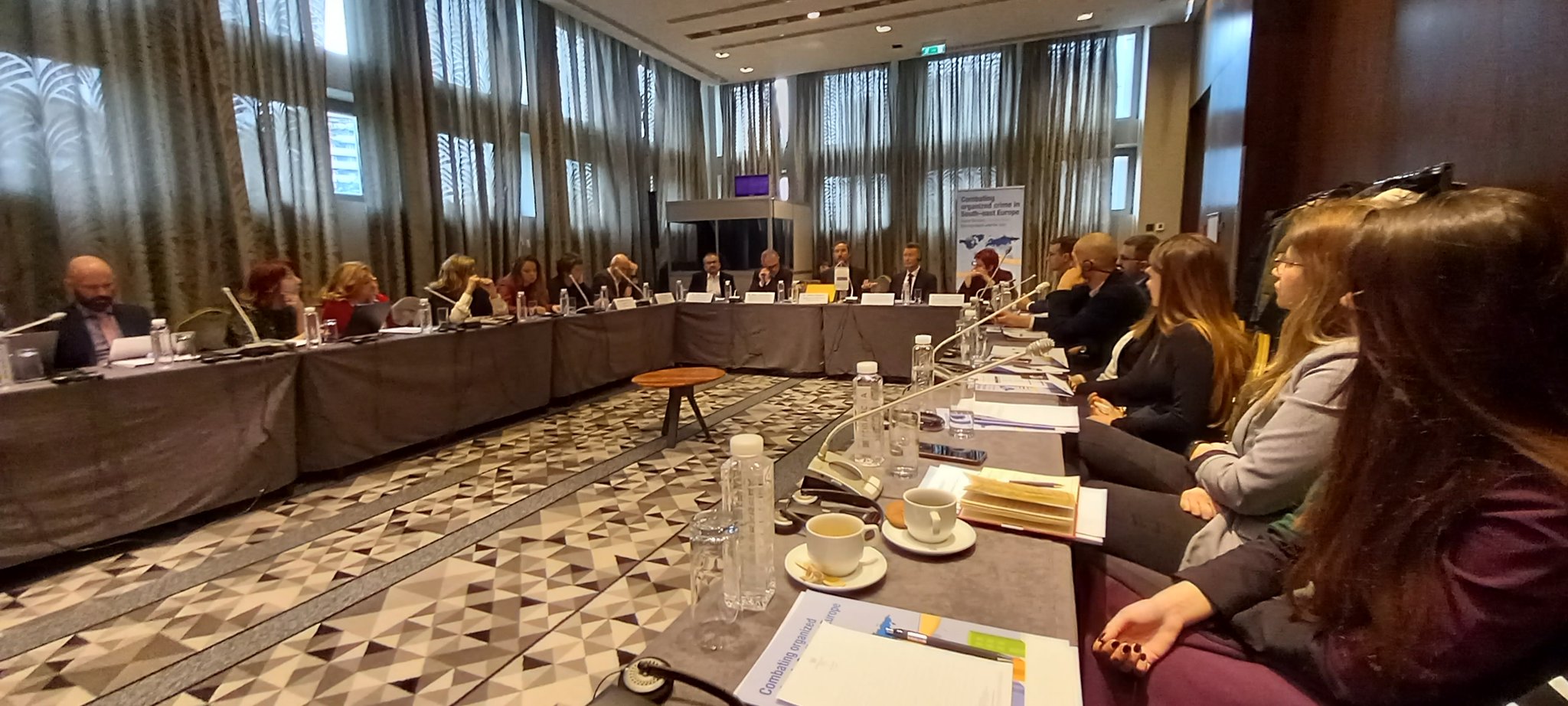The Regional Conference “Youth and Gambling – National and regional perspectives” was held on 20 November 2024 in Skopje. The conference is organized by HOPS – Healthy Options Project Skopje, in partnership with Labyrinth from Kosovo and Prevent from Serbia within the framework of the regional project “Youth and Gambling” with the support of the Western Balkans Fund. The main goal of the project is to advance national policies and practices aimed at preventing gambling among youth under the age of 25.
 The conference was attended by representatives of the ministries, institutions and civil society organizations responsible for this issue from North Macedonia, Serbia and Kosovo.
The conference was attended by representatives of the ministries, institutions and civil society organizations responsible for this issue from North Macedonia, Serbia and Kosovo.
The results of the research “Youth and their Betting Habits in North Macedonia, Serbia and Kosovo” were presented at the conference. This research, which included 214 young people under the age of 25 in Macedonia, showed that 17.8% of respondents declared themselves addicted to gambling. Eighty-four percent of respondents said that they know someone younger than 25 who is addicted to playing games of chance. Of these, as many as 39.3% said they knew more than 10 people under the age of 25 who were addicted to gambling, and only 11.2% said they did not know a person under the age of 25 who was addicted to gambling.
Regarding the information provided to gambling players by the organizers of these games about the danger of becoming addicted, only 19.2% of respondents said that in the facilities where they play gambling there is information that one can become addicted to these games. Also, only 7.5% of respondents said that in the facilities where they play gambling there is information where one can seek help in case of addiction to these games.
Similar data are noted in Serbia and Kosovo.
The conference adopted regional and recommendations for each of the participating countries/territories.
Reports from the project are abailable in Macedonian, Serbian and Albanian.





 Participants came from several intitutions, including ministries on human and minority rights and social dialogue and health, the Institute for Public Health and UNODC representatives for South East Europe, and civil society organisations.
Participants came from several intitutions, including ministries on human and minority rights and social dialogue and health, the Institute for Public Health and UNODC representatives for South East Europe, and civil society organisations.

 The program of the training was developed following the
The program of the training was developed following the 

 Community-based and community-led testing (CBVCT) centers have a crucial role in reaching of GBTMSM population in Serbia. This is mainly due to the fact that the population is still significantly stigmatized and discriminated. This is also noticeable within the system of public health institutions. The most of the VCCT centers exist only in bigger cities, and even not all of them have sufficiently sensitized staff in order to properly approach and address the needs of the community. Therefore, majority of the target population rather chooses CBVCT as a place they would like to get the information, counseling and testing services.
Community-based and community-led testing (CBVCT) centers have a crucial role in reaching of GBTMSM population in Serbia. This is mainly due to the fact that the population is still significantly stigmatized and discriminated. This is also noticeable within the system of public health institutions. The most of the VCCT centers exist only in bigger cities, and even not all of them have sufficiently sensitized staff in order to properly approach and address the needs of the community. Therefore, majority of the target population rather chooses CBVCT as a place they would like to get the information, counseling and testing services.


 In addition to the information, published already on the DPNSEE website at the following address
In addition to the information, published already on the DPNSEE website at the following address 
 Thanks to support of the Office for Combating Drugs, the workshop was held in the Palace of Serbia. 16 representatives came from governmental institutions and civil society organisations. Trainers were Irena Molnar and Stefan Pejić from ReGeneration.
Thanks to support of the Office for Combating Drugs, the workshop was held in the Palace of Serbia. 16 representatives came from governmental institutions and civil society organisations. Trainers were Irena Molnar and Stefan Pejić from ReGeneration.

